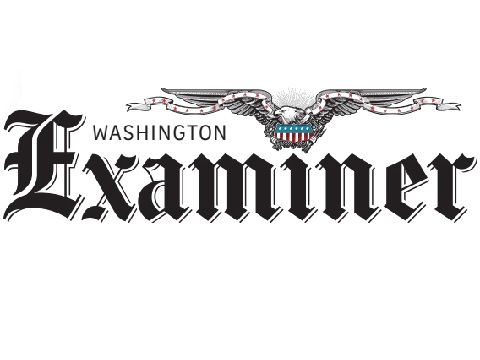This piece originally appeared in Washington Examiner on June 27, 2022.
Sen. Sheldon Whitehouse (D-RI) seems to think the DISCLOSE Act is a political cure-all. His latest sales pitch is that, if adopted, it would help “the American people … find out who funded the Jan. 6 insurrection.”
It’s a good thing for him that the Disinformation Governance Board has been shelved because the bill would do nothing of the sort. Rather, the measure would expose the personal information of donors to law-abiding organizations and subject them to threats and violence by domestic extremists.
Before Whitehouse proffers the DISCLOSE Act as a means for unmasking the funding sources for the Jan. 6 riot, he suggests the IRS, Federal Election Commission, and Department of Justice should “enforce the rules [already] on the books.” Whitehouse posits that the planning and implementation of the riot constitute “political activity” that is reportable to the IRS and FEC under nonprofit and campaign finance laws.
This reflects either a remarkable ignorance of or a flat-out disregard for what those existing laws regulate. This is also why the DISCLOSE Act that Whitehouse is pushing is wholly irrelevant to Jan. 6.
The Jan. 6 riot may have been, in a generic and colloquial sense, “political activity,” just as any violent attempt to overthrow the government is a “political activity.” However, these are not at all the types of activities that campaign finance and nonprofit political activity laws are designed to regulate. Such laws require groups spending money to influence voters in the lead-up to elections to report their spending and, under certain circumstances, their donors. The DISCLOSE Act follows the same legal paradigm and merely ramps it up a notch.
Jan. 6 was a violent attempt to overturn an election that was already held. As such, campaign finance and nonprofit political activity laws, including legislative proposals such as the DISCLOSE Act, simply do not apply to this activity. Nor would they be a good fit. Extremist groups that are known that have participated in Jan. 6 such as the Proud Boys and Oath Keepers are not exactly sponsoring campaign or issue ads, the type of activity that the DISCLOSE Act would regulate. And even if the DISCLOSE Act did apply to their activities, these groups are not apt to file reports with the FEC on their way to storming the Capitol or afterward.
Rather, the DISCLOSE Act expands the existing campaign finance laws to require groups speaking peacefully about political issues to expose their donors publicly if their speech identifies a candidate for office and could be deemed to “promote or support the election of a candidate for that office, or attack or oppose the election of a candidate for that office, without regard to whether the communication expressly advocates a vote for or against a candidate for that office.” This is the exact language from the DISCLOSE Act.
What does this have to do with Jan. 6? Absolutely nothing. Laws that regulate the raising and spending of money to advocate a group’s views about issues and candidates peacefully have no role to play in the policing of riots and other violent efforts to overthrow the government. The targets of these laws are not domestic extremists but donors to legitimate advocacy groups of all ideological stripes.
Notably, groups such as Planned Parenthood that opposed President Donald Trump’s Supreme Court nominees could have their donors outed by the DISCLOSE Act. Organizations such as Black Lives Matter, which was in fundamental opposition to Trump, could have their donors listed on FEC reports. It’s not far-fetched to think that those who planned and participated in the Jan. 6 attack might find donors on such lists to be highly attractive targets.
All of this does not mean that we are helpless against rioters. As Whitehouse himself suggests, criminal investigations and prosecutions are not only available, but they are the far more appropriate tool to use. Those processes, relying on existing criminal laws, are wholly unrelated to expanding the scope of the campaign finance laws, as the DISCLOSE Act would do.
Whitehouse has been pushing the DISCLOSE Act since 2010. His suggestion that it has anything to do with addressing Jan. 6 is, quite simply, a “big lie.”














